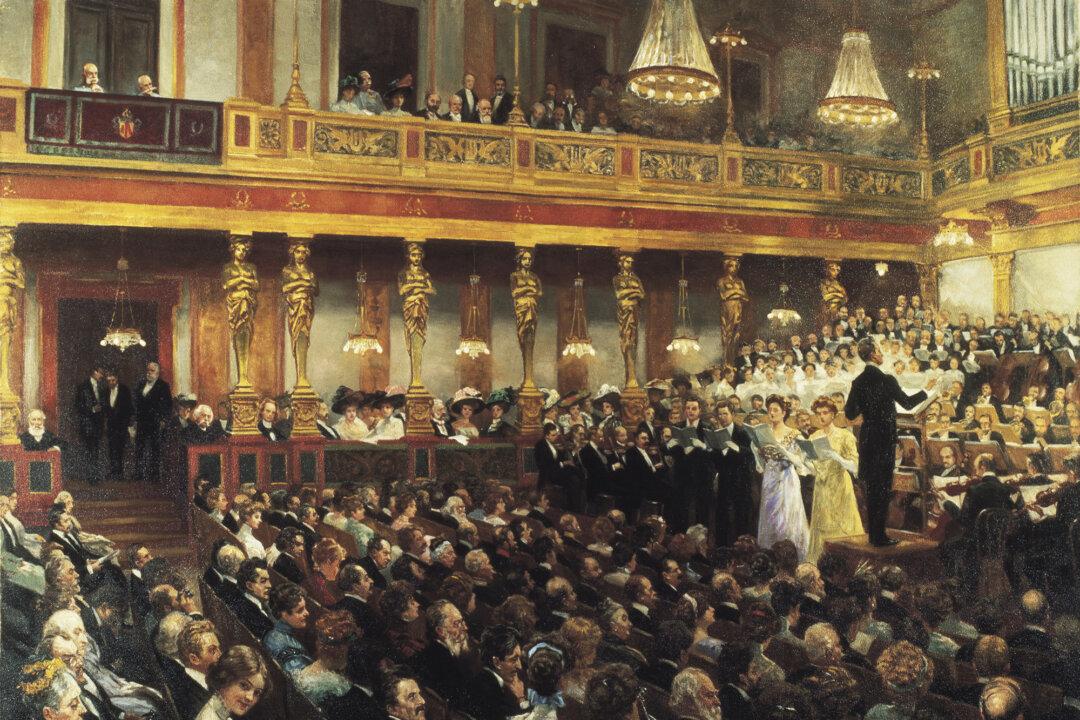Growing up, history was one of my favorite school subjects. This might come as a surprise to some. After all, history class is traditionally thought of as the domain of the high school football coach who has very little interest in the subject itself, and therefore, passes little enthusiasm or knowledge of the past along to his students.
Perhaps that is why The Nation’s Report Card finds that only 12 percent of high school seniors are proficient in American history. Perhaps that is why we see the 1619 Project push an alternative history curriculum. Perhaps that’s why we see young radicals destroying historical statues without rhyme or reason. If one has little knowledge of history, or if that knowledge is limited to a narrative that paints our predecessors as evil aggressors, then why would there be any need to revere heroes of the past, the ideas they advanced, or the progress they made?






